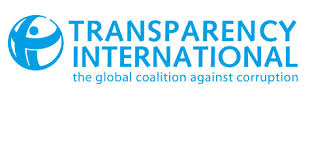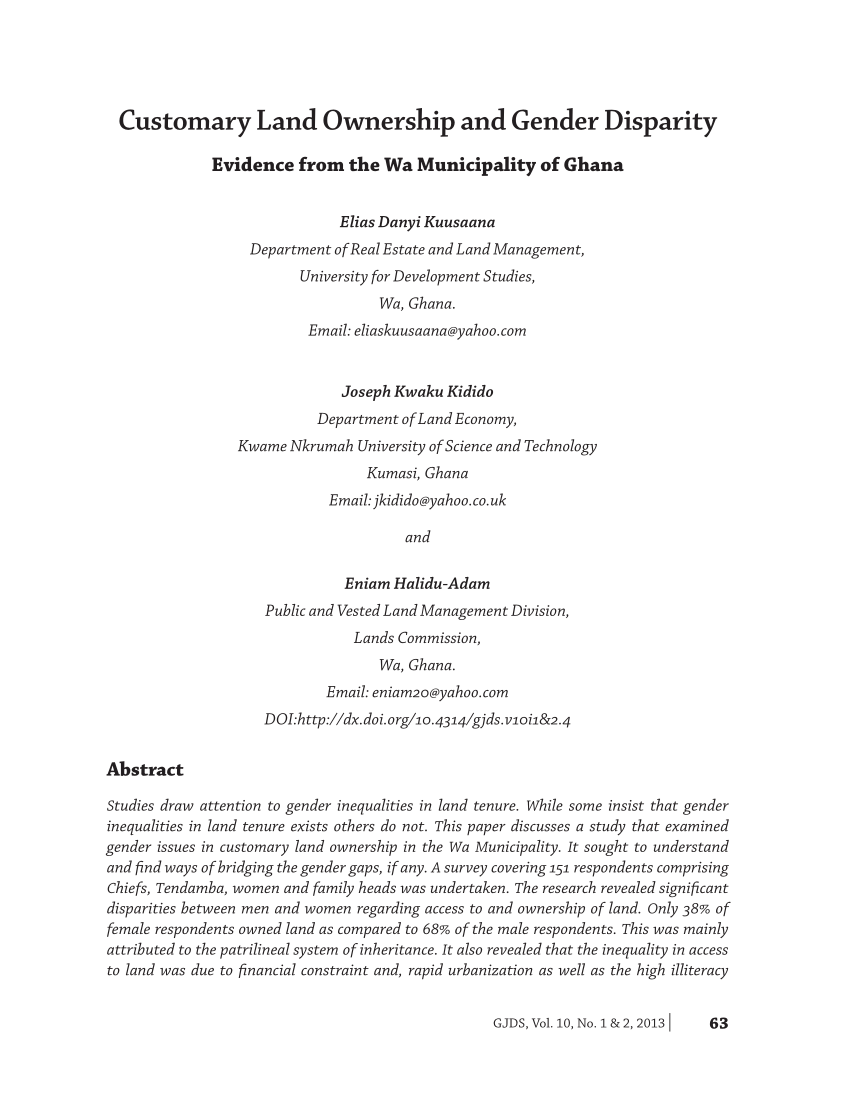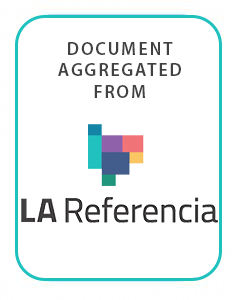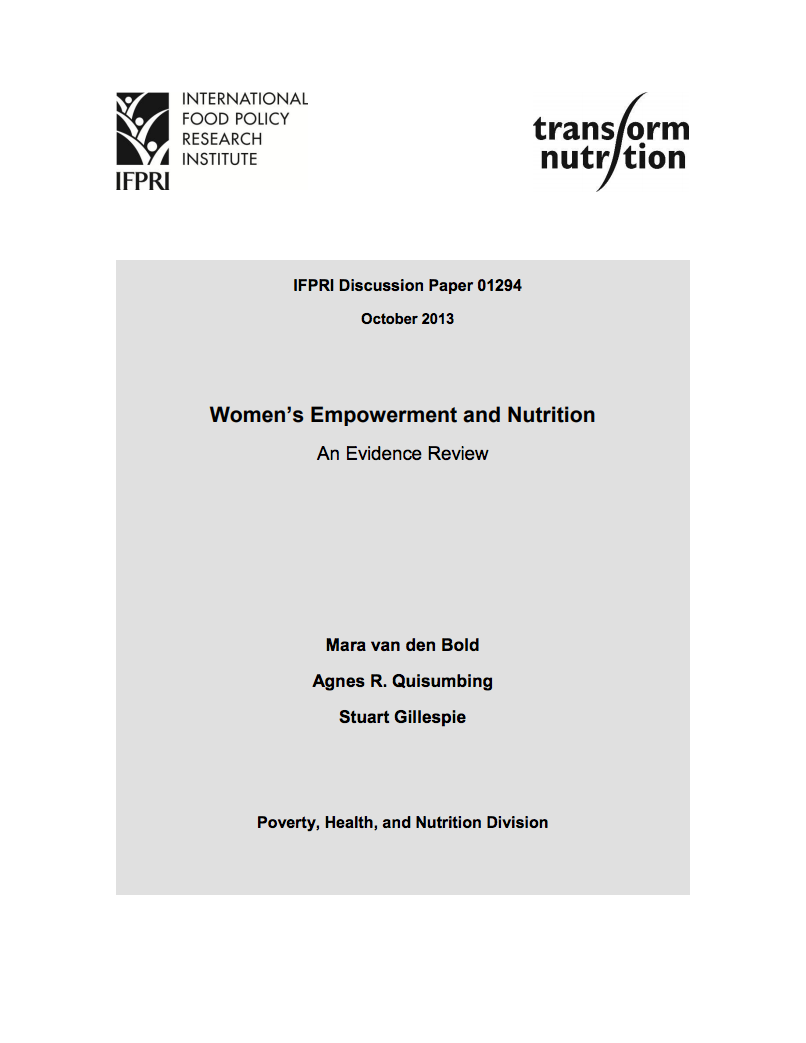National Development Plan 2014 - 2016.
This NDP is a 3-year nationwide document aiming at (i) building a sovereign State; (ii) consolidating its control over the natural resources; (iii) developing the Area C, particularly Jordan Valley, as well as East Jerusalem and Gaza; (iv) boosting the economy; (v) enhancing the private sector's ability to build its productive capacity and its capacity to create jobs; and (vi) increasing efficiency and sustainability of quality services.Main pillars at the basis of the NDP, compared to previous policies, are (i) a more participatory approach; (ii) mainstream gender equality throughout plann









